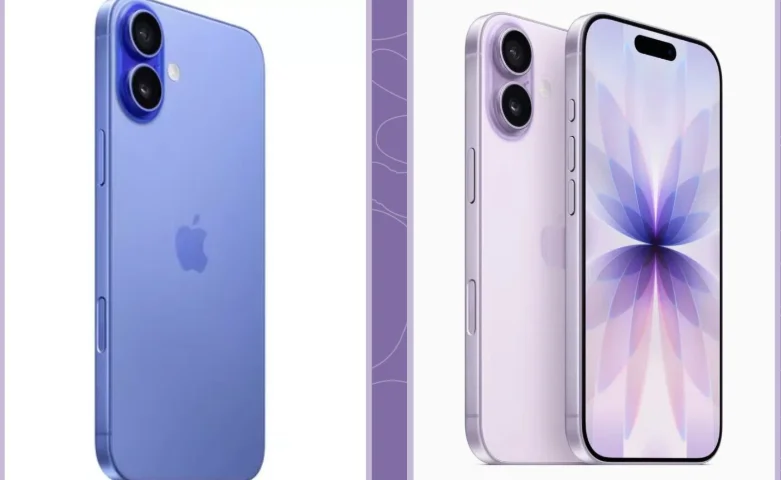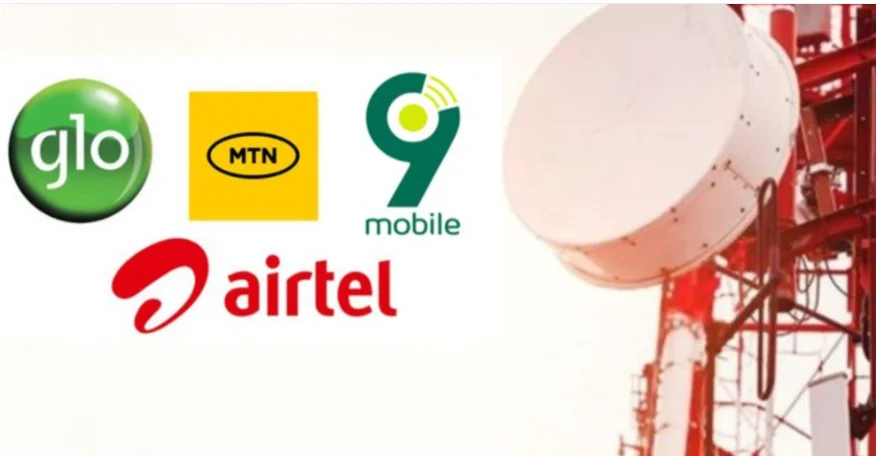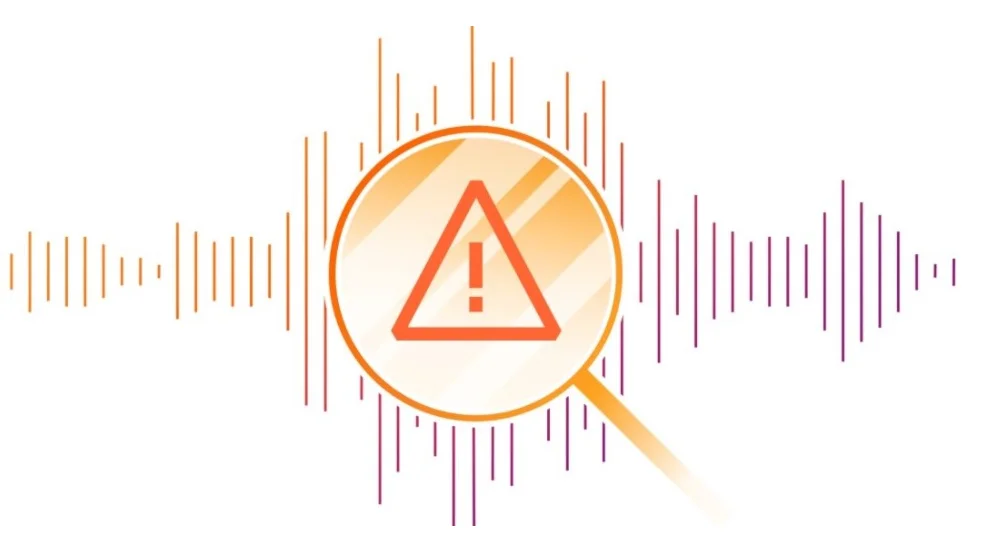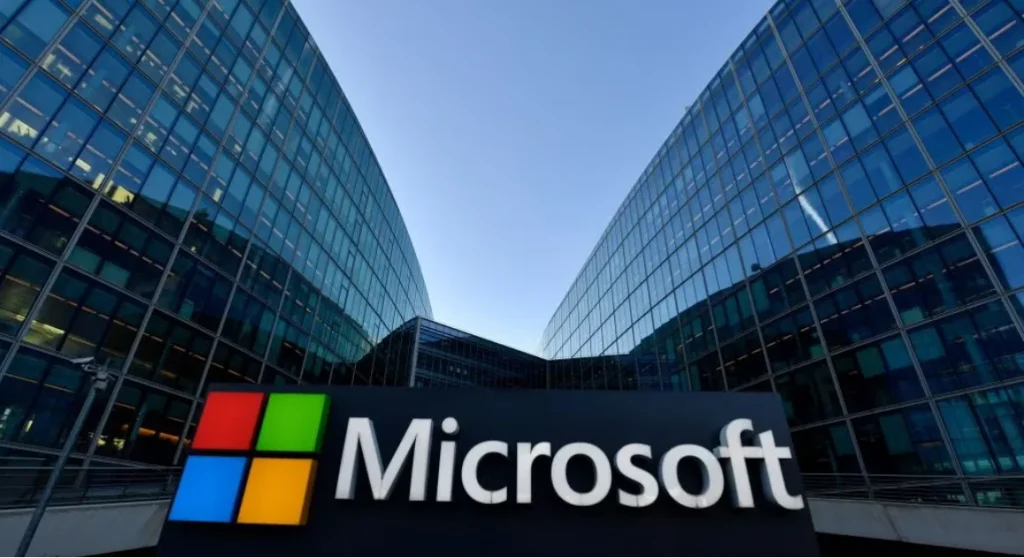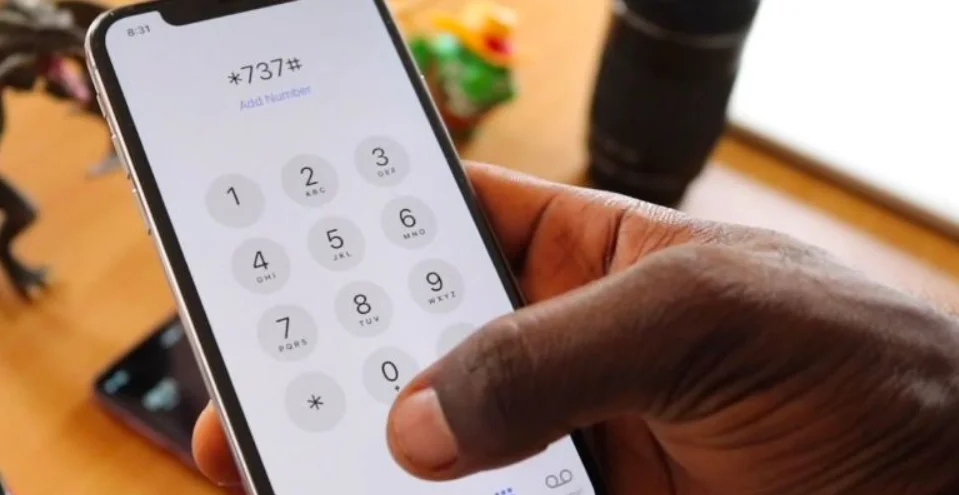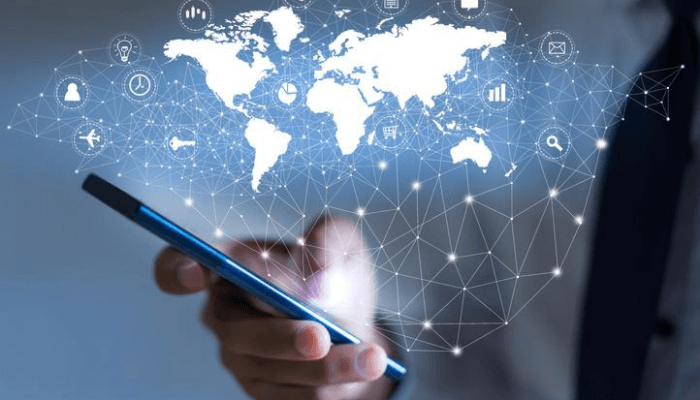It Will Take a Nigerian 17 Months to afford the iPhone 17
Apple officially unveiled the iPhone 17 lineup, including the iPhone 17, iPhone 17 Pro, and iPhone 17 Pro Max, at its “Awe Dropping” event on September 9, 2025. While the base iPhone 17 starts at $799 (₦1.2 million), Nigerians face an even steeper price tag due to reliance on third-party resellers, who add operational costs and profit margins.
The Nigerian Reality: 17 Months of Minimum Wage
With Nigeria’s minimum wage set at ₦70,000 ($46.22) per month, it would take at least 17 months (368 working days) of saving the entire wage to afford the base iPhone 17. For most working-class Nigerians, after deductions for food, rent, and household bills, this timeframe becomes much longer.
Without official Apple Stores in the country, resellers dominate the market, further inflating prices. Many Nigerians may turn to Buy-Now-Pay-Later (BNPL) schemes, instalment plans, or device financing platforms to make the device more accessible.
South Africa: 2.9 Months of Work
South Africans earn a minimum wage of ZAR 27.58 ($1.58) per hour. To buy the iPhone 17, a minimum wage worker would need 505.7 hours, equivalent to 63 working days or 2.88 months.
South Africa also benefits from hosting the only official iStore in Africa, offering trade-in programs (even for Android users), instalment plans, and warranty options. This makes upgrading to the iPhone 17 significantly easier compared to Nigeria.
Kenya: 7.7 Months of Work
In Kenya, the minimum wage is KES 75.94 ($0.59) per hour. To afford the iPhone 17, a Kenyan worker would need to put in 1,354 hours of work—about 169 working days or 7.73 months.
Like Nigeria, Kenya has no official Apple Store. Consumers rely on authorised third-party retailers, credit-based agreements, and BNPL services to access premium Apple devices.
Egypt: A Middle Ground
While not as burdensome as Nigeria, Egypt also lacks official Apple stores, meaning Apple devices are distributed through resellers at higher costs. Egyptian consumers face a moderate affordability gap, falling between Kenya and South Africa.
Nigeria’s Smartphone Market Still Grows
Despite the high price of Apple devices, Nigeria’s smartphone market grew 10% in Q2 2025, according to Canalys, after a 7% decline in Q1. However, this rebound isn’t fueled by Apple but by affordable brands like Tecno, Samsung, and Xiaomi, which remain the go-to options for the majority of Nigerians.

